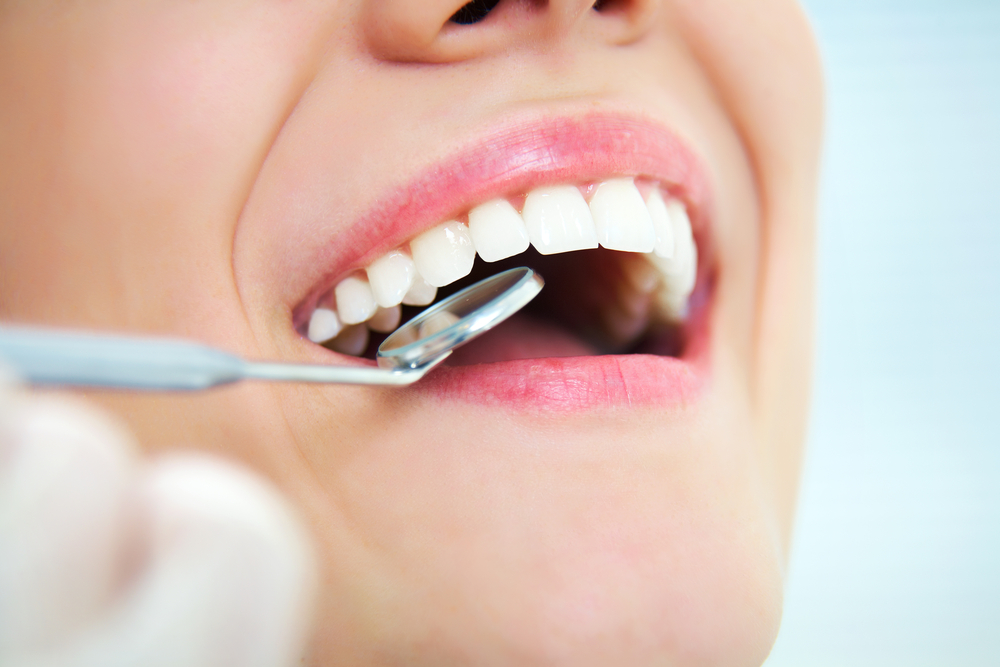DIAGNOSIS
Your dentist may review your dental and medical history and conditions that may add to your symptoms. He or she may examine your teeth, gums, tongue or mouth for inflammation or plaques. A dental probe may be used to see the condition of the area between the gums and teeth. If there are pockets that measure more than 4mm on the gum line, you may have gum disease.
Dental X-rays may be requested to check for any bone problems in territories with deep pockets.
Different tests as required. Your dental practitioner may suggest that you get a medical assessment to check for basic medical conditions.
TREATMENT
Professional dental cleaning
Dental cleaning will include evacuating all hints of plaque, tartar and bacterial buildup, a strategy known as scaling and root planning. Scaling expels tartar and microorganisms from your tooth surfaces and underneath your gums. Root planning evacuates the bacterial deposits delivered by inflammation, smooths the root surfaces, hindering further development of tartar and microorganisms, and permits appropriate healing. The method is done using lasers, ultrasound or other gadgets.
Dental restoration
Misaligned teeth or inadequately fitting crowns, bridges or other dental work may chafe your gums and make it harder to evacuate plaque amid daily oral considerations. If issues with your teeth or dental restorations add to your gum disease, your dental practitioner may suggest settling these issues.
Ongoing care
Your dentist will enable you to design a compelling at-home program and a calendar of regular dental checkups and cleaning.


